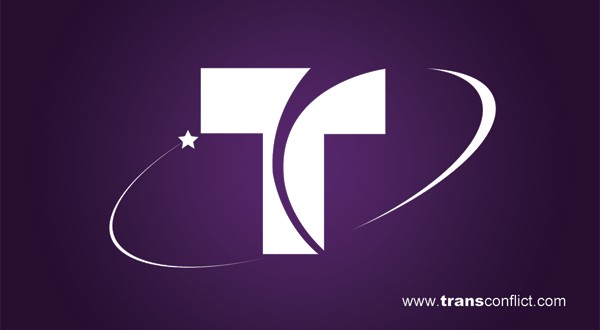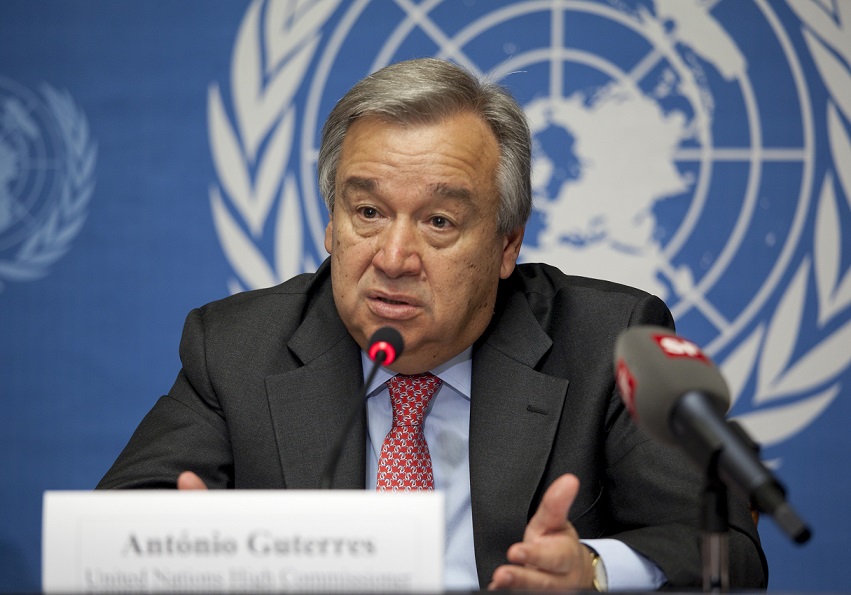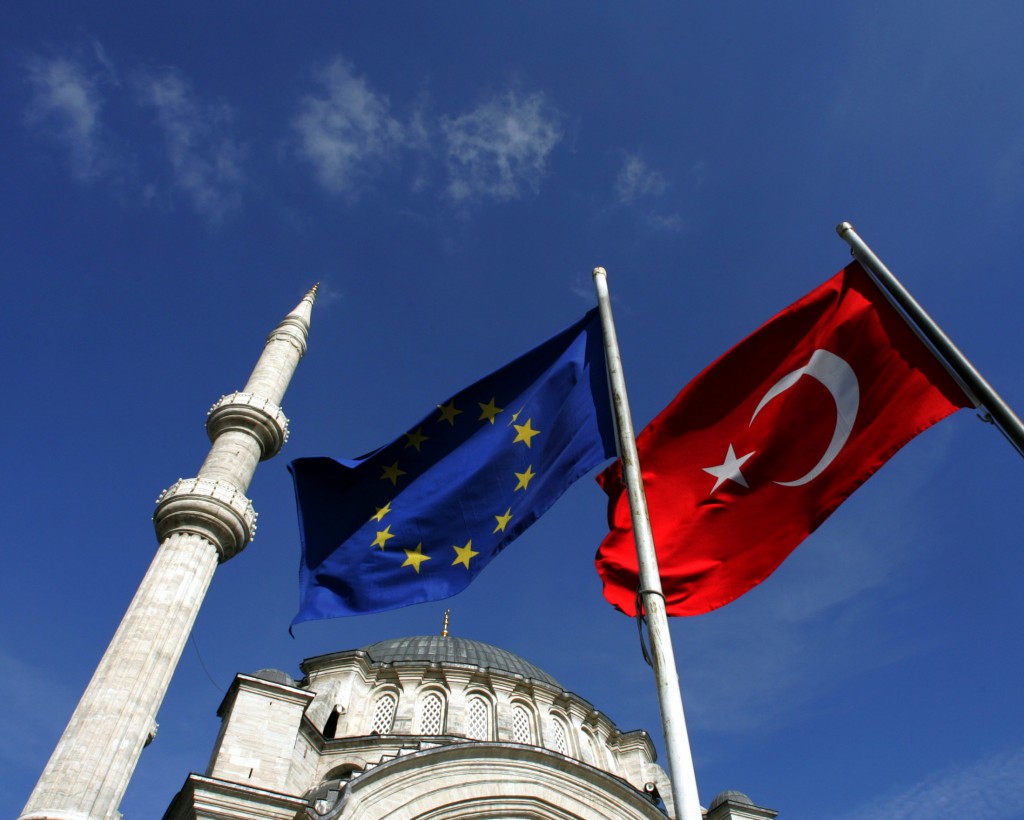June 2018 Review
TransConflict is pleased to present a selection of articles published during June, plus updates from the Global Coalition for Conflict Transformation.
| Suggested Reading | Conflict Background | GCCT |
1) Can the United Nations do peacekeeping?
Matthew Parish – The United Nations needs to be more dynamic. It has only limited resources. Once the UN can do no more in a crisis, it should be pro-active in directing the resources being used towards something else in respect of which it can play a useful function. If the United Nations were to show acceptance of this limitation with due humility, then it might improve its diminished reputation amongst the peoples of the world it is surely mandated to serve. Read on…
2) Erdogan’s reelection and its dire consequences
Dr. Alon Ben-Meir – Erdogan betrayed his own people before the election, and now he has been granted an even freer hand to vigorously pursue any domestic and foreign policy at his whim. The West must now apply zero tolerance toward Turkey and not allow a ruthless and corrupt leader to undermine Western interests in Europe and the Middle East without consequences. Read on…
3) The politics of identity
Matthew Parish – Identity politics is liable to rear its head during extended periods of recession or flat growth, because voters lose faith in ideological or even technocratic government as able to improve their lives. The simplistic answer is that identity politics must be relentlessly fought against. Politicians devoted to making the world a better place must constantly remind the electorate that identity politics has nothing to offer. Read on…
4) Sri Lanka – claims about the ‘Gash Despatches’ exposed
Sri Lanka Campaign for Peace and Justice – What ongoing debate around ‘best estimates’ tend to obscure is the fact that the government has both the information and authority needed to form a true picture about how many civilians were killed during the war and the nature of their deaths. Read on…
5) Ottoman heritage in (re-)making – Bulgaria’s step forward to the past
Francesco Trupia – The decision to scrap Turkish and Arabic name-places in Stara Zagora has to be understood through the lens of an anti-Islam rhetoric that has banally presented social attitudes of Bulgarians and political institutions that continue to divide and rule while remaining deaf to minority groups in general. Read on…
6) Libya – elections to what structures?
Rene Wadlow – The post 2011 Libyan society faces large and complex issues. Resolving the institutional, economic and political issues is urgent and cannot be settled by elections alone. Read on…
7) The international civil service
Matthew Parish – We have reached a crisis point, wherein the status quo is unsustainable. Member states who make budgetary contributions to the United Nations disproportionate to their sizes have no incentive to contribute funding towards a massive multilateral scheme of international corruption. The game is up. Reforms will take place. Read on…
8) Erdogan’s “Trojan Horse” In Macedonia
Dr. Alon Ben-Meir and Arbana Xharra – To be sure, Erdogan’s “peaceful onslaught” on Macedonia has one and one purpose only: to dominate the country under the guise of a long history of brotherly relations. This is Erdogan’s modern “Trojan Horse,” and the Albanians in Macedonia must realize that they are unwittingly falling into Erdogan’s trap. Read on…
9) An open letter to Prime Minister Netanyahu
Dr. Alon Ben-Meir – See also An open letter to Ismail Haniyeh and Yahya Sinwar. You, Mr. Netanyahu, have a solemn responsibility to end this conflict because not a single Israeli or Palestinian should die in a blood-soaked conflict that has not and will never yield any tangible or lasting gain for either side. You will either be remembered as the Prime Minster who made Israel a strong and prosperous powerhouse at peace with its Palestinians neighbors, or a power that lives by the gun plagued by moral decadence with an uncertain future. What legacy you leave behind is for you to decide. Read on…
10) Ain Al-Hilweh redux – what’s still Palestinian in those refugee camps?
UMAM Documentation and Research – Today, some 51 years following the establishment of Palestinian refugee camps on Lebanese soil (Ain al-Hilweh was among the first), we must ask ourselves a relatively simple question: what particularly Palestinian aspect remains present in those camps? Read on…





























